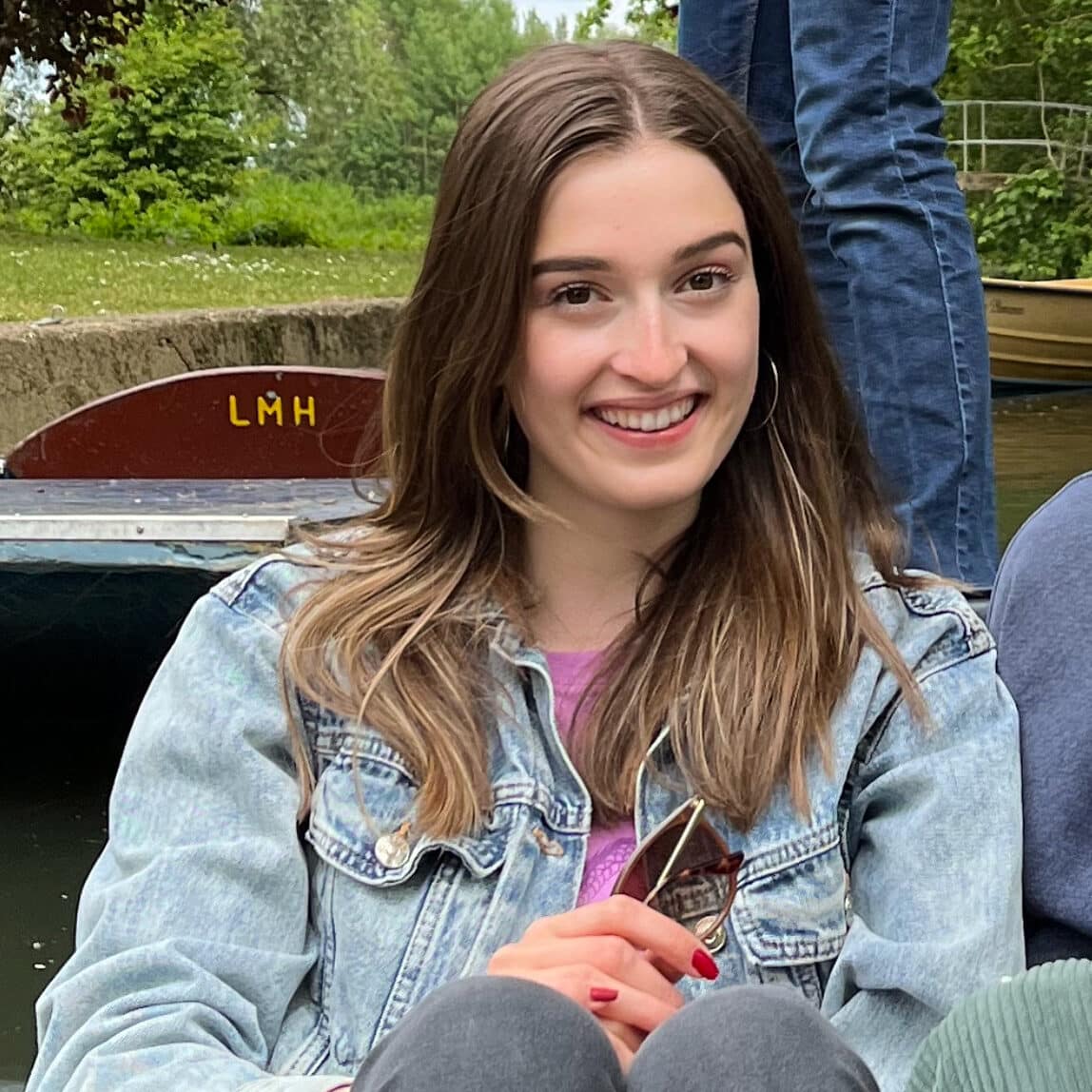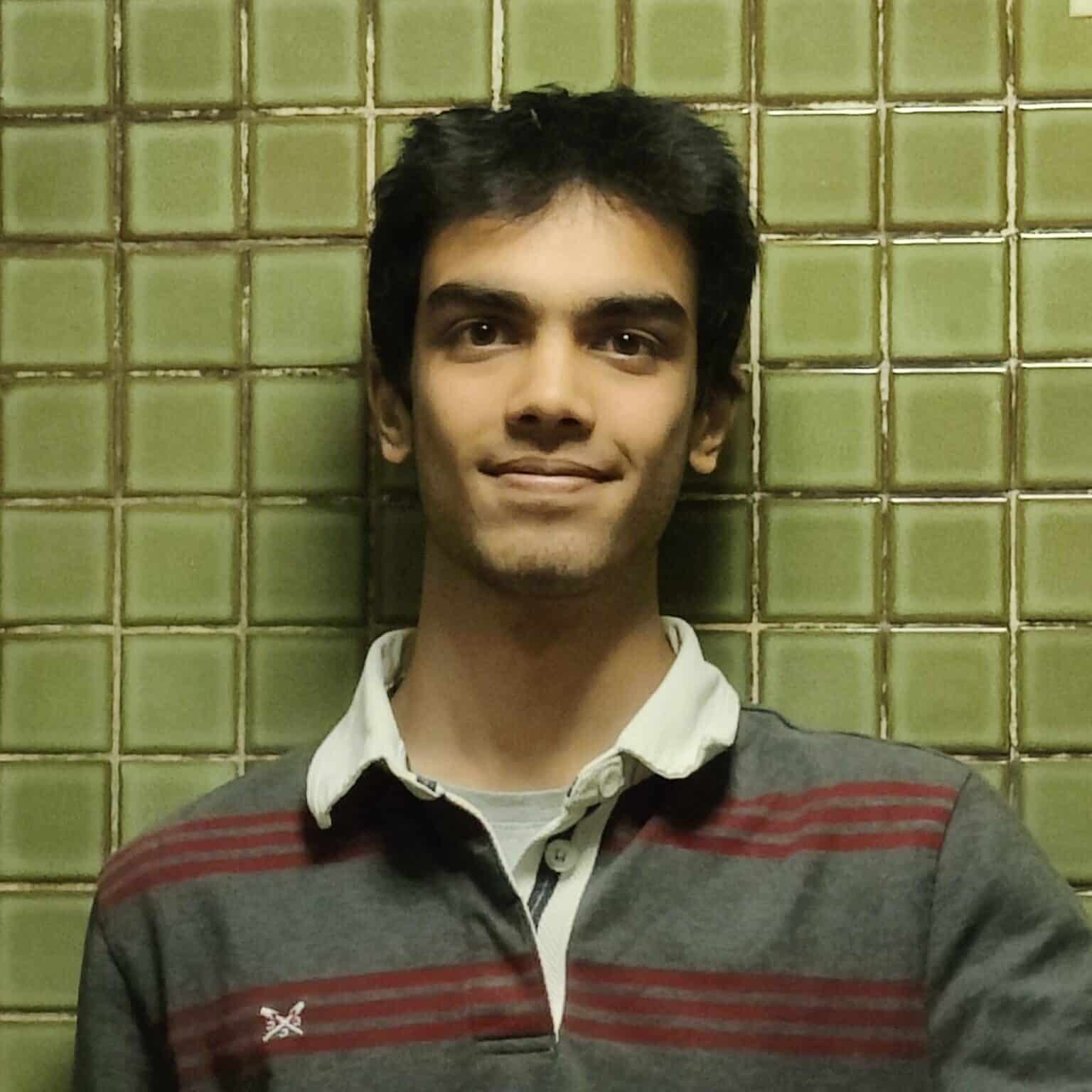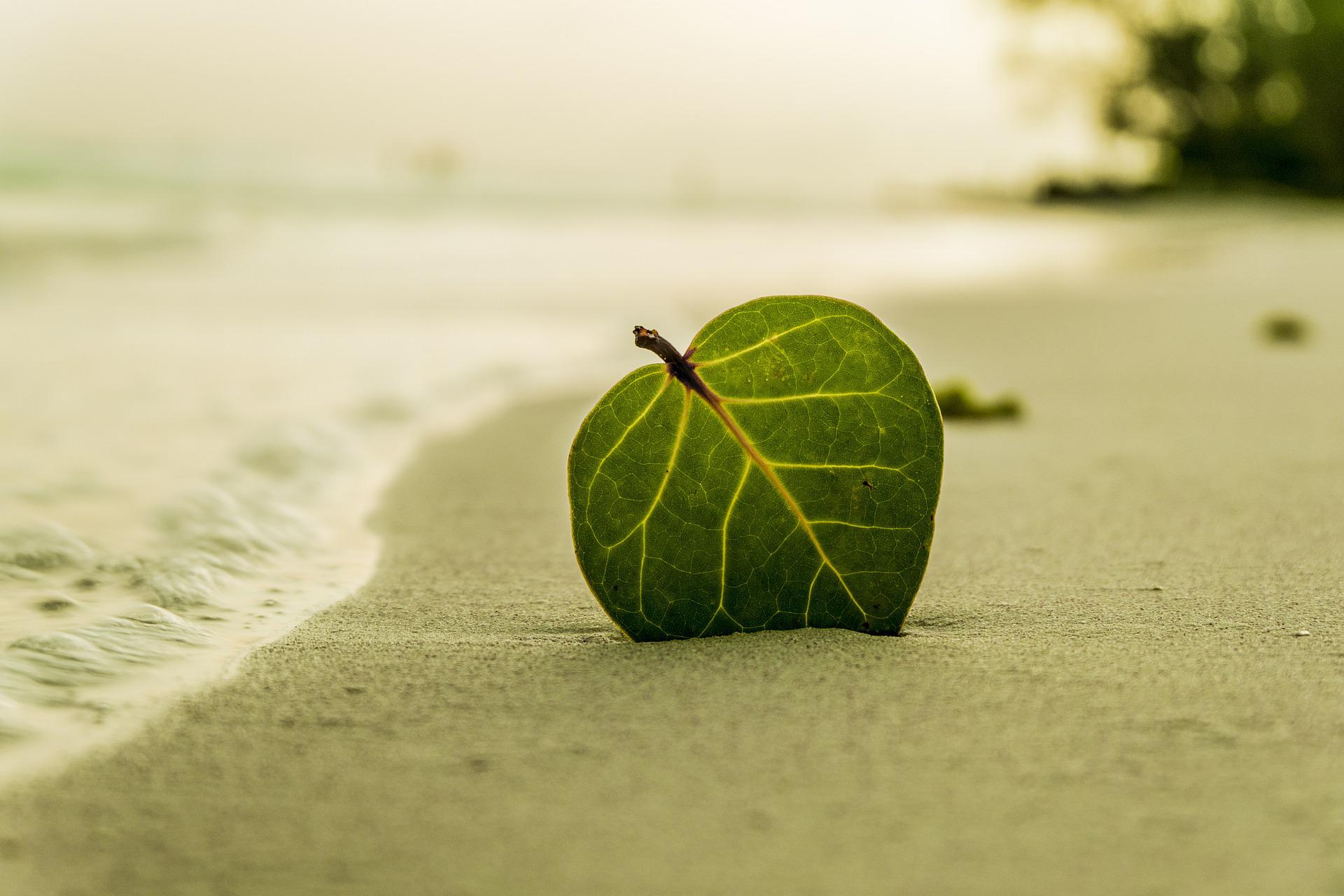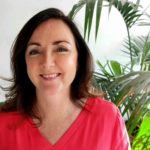Yet again, we were fortunate to have four wonderful young people join is on a ‘micro-internship’. Micro-Internships are 2-5-day voluntary learning and development opportunities exclusively on offer to Oxford University students.
Our interns created resources about species recovery in collaboration with the IUCN Green Status of Species, with a focus on Dracula orchids and whale sharks.
Here two of them tell us about their work on Dracula orchids and the highlights of their time with us.
“Optimism can provide motivation for meaningful action” – Natalie Bright
On this micro-internship I have experienced first-hand the dedication shown by the Conservation Optimism team to inspire and empower people for positive ecological change – something that I will take away with me. I have also seen how optimism can provide motivation for meaningful action, with a focus on young people.
The week started off with an engaging interview with Dr Amy Hinsley, as Siddiq and I endeavoured to understand her research on orchids and the illegal wildlife trade. Based on this information we created infographics for children to communicate this succinctly but charismatically – an activity that has greatly improved my graphic design abilities, and hopefully will educate and inspire children to conserve these amazing plants.
A real highlight for me was getting feedback every day in our morning catch up and then seeing my work evolve and improve throughout the week.
Another highlight of the week was attending the ICCS weekly team meeting, and although I was a little nervous to begin with, the team were extremely welcoming and interested to hear how the interns were getting on.
In the future, I wish to pursue a career in science communication and journalism, as I hope to educate others on emerging areas of research and make a difference. This micro-internship has therefore given me invaluable experience.

Natalie Bright
“It really confirmed that I want to pursue environmental science” – Siddiq Islam
This internship was a great opportunity to learn about conservation. I have never known as much about orchids as I do now! Natalie and I interviewed Dr Amy Hinsley to hear what she had to say about the conservation of one genus of orchid, the Dracula orchid.
Seeing their unusual form and pollination tactics made me realise how much I miss biology lessons. These plants are fascinating and are just one more example of the wonderful wildlife that we are in danger of losing.
We set to transforming what we had learnt into resources for eight – to twelve-year-olds so they can find out about orchids too. This involved developing some graphic design skills and finding out how to source suitable reference photos. I enjoyed the process of creating colourful and informative posters, quizzes, and puzzles.
I realised over the course of this week that science communication is more involved than I thought. It comes with the challenge of conveying information simply whilst remaining scientifically accurate. And while tailoring this to children you must be even more discriminating in what to keep in and what to leave out in order to get the important (and fun) facts across!
The Conservation Optimism team was wonderful to work with, and the highlight of my week was speaking with various team members and hearing about their work in ecology and conservation. It really confirmed for me that I want to pursue environmental sciences in the future.

Siddiq Islam



